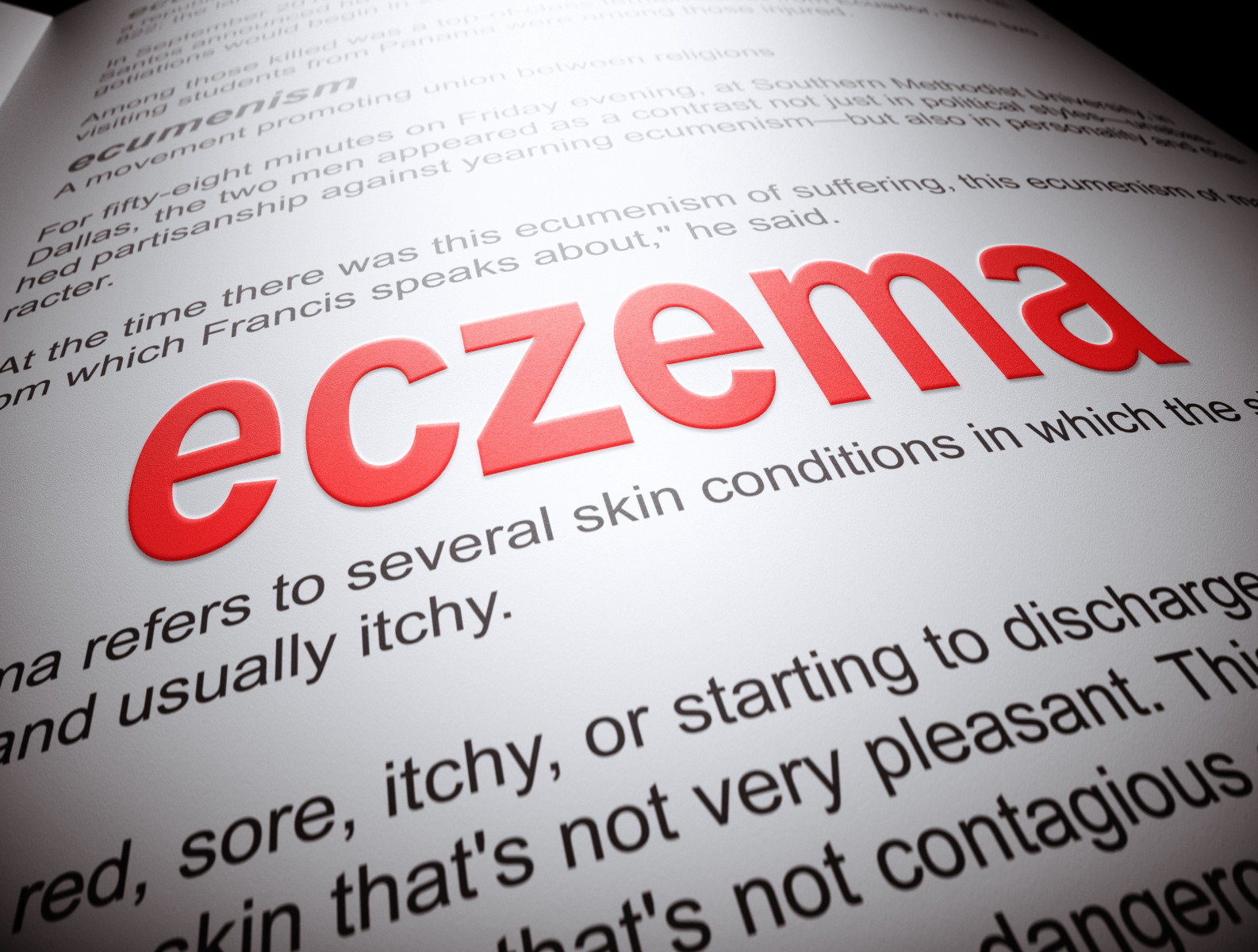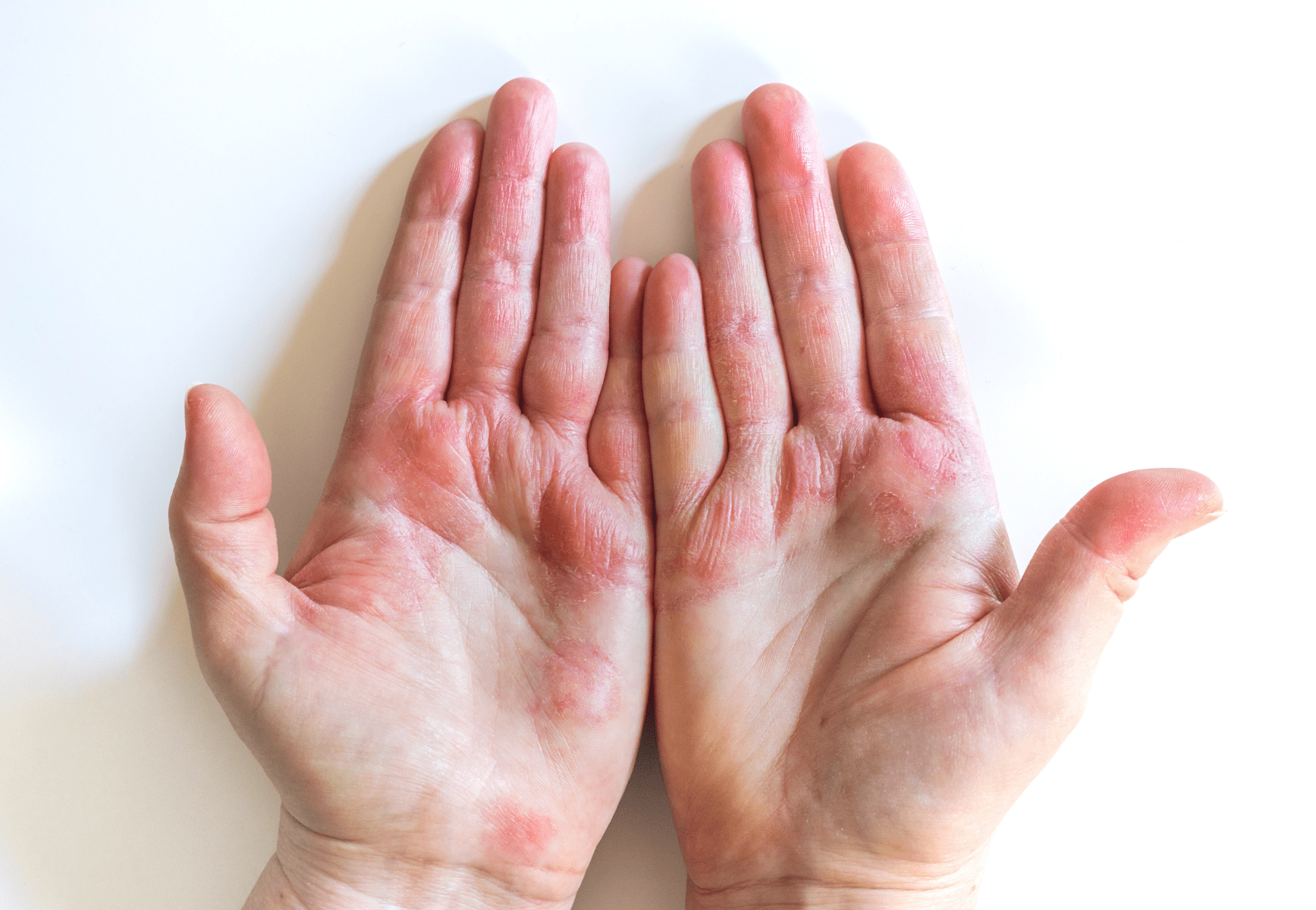
Managing Eczema the Natural Way: Tried and Tested Remedies
Dealing with eczema can feel like a never-ending battle against dry, itchy, and inflamed skin. Whether it’s the occasional flare-up or a persistent issue, eczema can be incredibly frustrating and uncomfortable. Many individuals living with eczema are on a quest to find effective ways to manage their symptoms and regain control over their skin’s health. Natural remedies have gained popularity for their gentle yet promising approach. While conventional medical treatments exist, some people prefer to explore more natural alternatives to soothe their skin and reduce the need for pharmaceutical interventions.
Eczema, also known as atopic dermatitis, isn’t a one-size-fits-all condition. It varies in severity from person to person and can be influenced by numerous factors like genetics, allergies, and environmental triggers. This diversity makes finding the right approach to managing eczema a highly individualized journey. As we dive into this exploration of natural eczema remedies, we’ll take a laid-back and easy-to-follow approach. We’ll discuss practical steps and tried-and-tested solutions that can help soothe your skin and minimize discomfort. However, it’s essential to remember that eczema can be unpredictable, and what works for one person may not work for another. Therefore, consulting with a healthcare provider who understands your unique needs remains a wise step on your journey to managing eczema naturally.
The quest to manage eczema naturally is not just about finding quick fixes but about adopting a holistic approach to skin health. It’s about understanding your body, identifying triggers, and making conscious choices that can lead to more comfortable and symptom-free days. So, let’s embark on this journey together, explore the world of natural remedies, and discover what works best for you in managing eczema, the natural way.
1. Hydration is Key
When it comes to managing eczema naturally, one of the fundamental steps is ensuring your skin stays well-hydrated. Picture your skin as a thirsty sponge – when it’s parched, it can amplify those pesky eczema symptoms, sparking more itching and irritation. To quench your skin’s thirst effectively, start by guzzling up ample H2O throughout the day. Hydration from within, courtesy of regular water intake, lays a solid foundation for healthier skin. But remember, your skin isn’t just looking for hydration from the inside; it also needs some tender loving care from the outside.
Enter the superhero of your skincare routine: moisturizer. Choose a gentle, fragrance-free moisturizer that suits your skin type and makes it your sidekick. The trick is to apply it liberally, especially right after bathing when your skin is like a sponge waiting to soak up moisture. This helps lock in that much-needed hydration, forming a protective barrier against dryness and irritation.
Remember, keeping your skin hydrated isn’t just a remedy; it’s an ongoing commitment. The goal is to create a consistent routine that your skin will thank you for with its newfound radiance and comfort.
2. Oatmeal Baths
Imagine sinking into a warm, comforting bath that not only relaxes your body but also provides sweet relief for your eczema-prone skin. This delightful experience can be yours through the magic of oatmeal baths. Oatmeal, a humble pantry staple, is a natural wonder for alleviating the relentless itching and inflammation that often accompany eczema. Preparing an oatmeal bath is surprisingly easy. All you need is a cup of oats, which you can effortlessly transform into a fine powder using a blender or grinder. Then, sprinkle this oatmeal magic into your warm bathwater, swirling it gently to ensure even distribution.
Now, it’s time to immerse yourself in this soothing elixir. As you soak in the tub, the oatmeal begins its work. It forms a gentle, protective barrier on your skin, helping to calm the irritation that eczema often brings. Spend a relaxing 15-20 minutes in this oatmeal-infused bath, allowing your skin to drink in the comforting embrace of nature. Oatmeal baths aren’t just a momentary remedy; they can become a cherished part of your eczema management routine. They offer both immediate relief and a sense of indulgence that your skin will adore.
3. Coconut Oil
When it comes to managing eczema, sometimes the best solutions can be found right in your kitchen cabinet. Coconut oil, with its reputation for superb moisturizing properties, can be a game-changer for dry and itchy skin.
All you need is a jar of virgin coconut oil. Gently apply it to the areas affected by eczema, and you’ll notice the difference. The coconut oil works its magic by locking in moisture, reducing dryness, and soothing that persistent itch. It’s like giving your skin a refreshing drink it craves.
But that’s not all. Coconut oil has another trick up its sleeve. It boasts antimicrobial properties, which means it can help safeguard your skin against those pesky secondary infections that can occur when you scratch eczema-prone areas.
4. Chamomile Compresses
Picture this: a warm, soothing compress easing the inflammation and discomfort of your eczema. It’s not a dream; it’s chamomile to the rescue.
Chamomile, with its anti-inflammatory and calming qualities, has been a trusted remedy for centuries. Creating a chamomile tea compress is easy. Begin by steeping chamomile flowers in hot water. Let it cool to a comfortable temperature, and then soak a clean cloth in this fragrant infusion.
Gently wring out the cloth and apply it as a compress to the areas of your skin affected by eczema. As you rest with this gentle, herbal remedy in place, you’ll feel the soothing effects of chamomile seeping into your skin. It’s a comforting touch that can help calm inflammation and provide much-needed relief.
5. Aloe Vera Gel
Imagine the cool, soothing touch of aloe vera on your irritated skin. Aloe vera, a well-known natural remedy, is a go-to solution for reducing the redness and itching that often accompany eczema. It’s crucial to use pure aloe vera gel, preferably one with minimal additives, for the best results. This remarkable plant-derived gel has a remarkable ability to calm your skin’s inflammation and provide relief from the relentless itchiness of eczema.
Applying a thin layer of aloe vera gel to your eczema-prone areas can work wonders. It not only reduces redness but also helps moisturize your skin, addressing one of the key challenges in managing eczema.
6. Probiotics
In the world of eczema management, a new hero has emerged: probiotics. Recent research has shed light on the potential benefits of probiotics in balancing the gut microbiome, which plays a role in managing eczema. So, what exactly are probiotics? They’re friendly bacteria that can be found in certain foods or supplements. These helpful microorganisms may hold the key to reducing eczema symptoms.
To explore the potential benefits of probiotics for eczema management, consider having a chat with your healthcare provider. They can guide you on incorporating probiotic-rich foods or supplements into your diet, helping you maintain a balanced gut microbiome that may, in turn, contribute to managing your eczema.
7. Avoid Triggers
Picture this: a life where you have control over your eczema, where you can significantly reduce those flare-ups and uncomfortable moments. One key strategy in achieving this control is identifying and avoiding eczema triggers. Eczema triggers can come in various forms, and they differ from person to person. Common culprits include certain fabrics, harsh soaps, stressful situations, and allergens such as pollen or pet dander. Understanding what sets off your eczema is like holding a map to smoother, itch-free skin.
The first step is to be mindful. Pay close attention to your body’s responses and reactions. When you notice a flare-up, think about what might have caused it. Did you wear a certain fabric? Were you under a lot of stress? Did you recently switch soaps? Once you’ve identified your triggers, the next step is to take action. Minimize your exposure to these elements. Swap out harsh soaps for gentle, fragrance-free alternatives. Opt for fabrics that won’t irritate your skin. If stress tends to be a trigger, explore relaxation techniques like deep breathing or meditation to keep it in check.
8. Cotton Clothing
Imagine clothing that feels like a gentle hug for your skin. That’s precisely what cotton offers. When you have eczema, choosing the right clothing can make a world of difference. Cotton clothing, with its loose-fitting and breathable nature, can be a game-changer. It reduces the risk of skin irritation and allows your skin to breathe. Conversely, fabrics like wool or synthetics can exacerbate eczema symptoms, leading to discomfort and itching.
Think of cotton as your skin’s best friend. It creates a barrier that helps your skin stay calm and comfortable. So, when you’re picking out clothes for the day, opt for the soothing embrace of cotton, and your skin will thank you for it.
9. Stress Reduction Techniques
It’s no secret that stress and eczema often go hand in hand. When life gets overwhelming, eczema can flare up, making you feel like you’re battling on two fronts. But here’s the good news: You can effectively manage eczema by managing stress. Stress reduction techniques can be a game-changer. Consider practices like deep breathing, yoga, meditation, or the simple act of immersing yourself in the soothing embrace of nature. These techniques are like a shield against stress, helping you stay grounded and preventing those stress-induced flare-ups.
Imagine it this way: You’re not just managing stress; you’re taking charge of your eczema. By incorporating these practices into your daily routine, you create a buffer that keeps eczema at bay.
10. Stay Cool and Moisturized in the Summer
While summer brings warmth and sunshine, it can also trigger eczema flare-ups, especially in hot and sweaty conditions. But fear not; you can be a step ahead. The secret lies in staying cool and moisturized. During the summer months, prioritize staying comfortable in the heat. Avoid excessive sweating by wearing breathable clothing, preferably cotton. And remember, moisture is your ally. Use a good moisturizer to lock in hydration and shield your skin from the rigors of summer.
By staying cool and moisturized, you create a protective barrier against eczema flare-ups. Think of it as your personal strategy for eczema-proofing the summer season. With these steps, you can savor the joys of summer without the itch and discomfort.
Conclusion
In conclusion, managing eczema naturally involves a holistic approach. These tried-and-tested remedies can help alleviate symptoms and provide relief. However, it’s essential to consult with a healthcare provider, especially if your eczema is severe or persistent. They can help you create a customized plan for managing your eczema and may recommend additional treatments or therapies. Remember, finding the right combination of natural remedies and lifestyle changes may be the key to effectively managing eczema and enjoying healthier, more comfortable skin.

References:
- Berry, J. (2022, December 14). Top 16 natural remedies for eczema. https://www.medicalnewstoday.com/articles/324228
- Eczema home treatment. (2007, May 13). WebMD. https://www.webmd.com/skin-problems-and-treatments/eczema/eczema-home-treatment
- Eczema treatment, symptoms, causes, types and more - Dr. Axe. (2023, May 16). Dr. Axe. https://draxe.com/health/eczema-treatment/
- Homage. (2023, October 4). Homage - holistic health & caregiving services where you are. https://www.homage.sg/resources/natural-remedies-eczema/https://www.homage.sg/resources/natural-remedies-eczema/
- Home remedies: What can relieve itchy eczema? (n.d.). https://www.aad.org/public/diseases/eczema/childhood/itch-relief/home-remedies
- McDermott, A. (2023, March 21). 12 natural remedies to reduce eczema Symptoms. Healthline. https://www.healthline.com/health/natural-remedies-to-reduce-eczema-symptoms
- Middleton, T. (2021, October 22). 8 Proven Home Remedies for Eczema. Home Remedies for Eczema. https://www.healthcentral.com/slideshow/proven-home-remedies-for-eczema
- Nelson, S. (2022). Top 7 natural and Alternative treatments for eczema. National Eczema Association. https://nationaleczema.org/blog/natural-treatments-for-eczema/
- Panchal, B. (2023). 9 Best Natural Remedies For Eczema | Holland & Barrett. www.hollandandbarrett.com. https://www.hollandandbarrett.com/the-health-hub/conditions/skin-health/natural-ways-to-ease-eczema/
- Schneider, K. (2023, May 18). Home remedies for eczema. Cleveland Clinic. https://health.clevelandclinic.org/home-remedies-for-eczema/
- Stanley, A. (2022, December 29). 7 home remedies for eczema. Health. https://www.health.com/condition/eczema/home-remedies-for-eczema
- Taylor, M. (2019). 13 natural ways to soothe your eczema. Greatist. https://greatist.com/eczema/natural-remedies-eczema
- Wong, C. (2023). 7 home remedies for eczema. Verywell Health. https://www.verywellhealth.com/natural-treatments-for-eczema-8822
